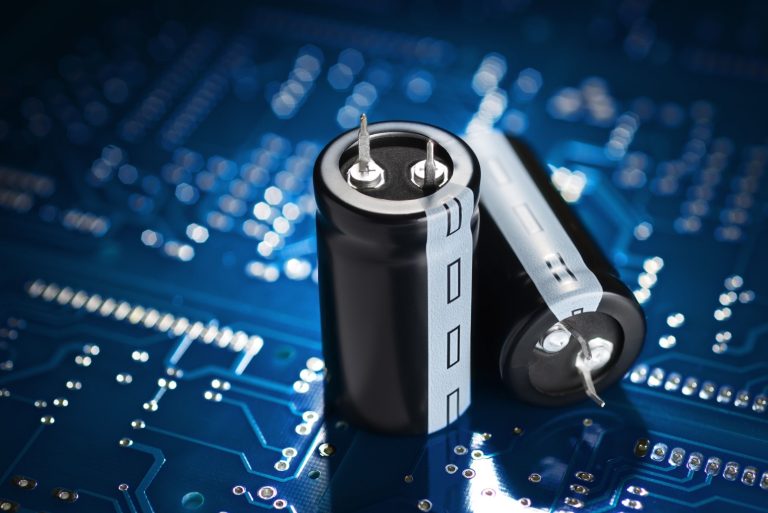The excitement surrounding the commercialisation of solid-state batteries for electric vehicles (EVs) appears to be losing steam as automakers begin to explore alternatives like semi-solid-state batteries.
While solid-state batteries have long been touted as the future of EVs due to their safety, power efficiency, and faster charging times, the technology still faces significant hurdles.
As a result, some experts and manufacturers are turning their attention to semi-solid-state batteries, which may offer a more practical solution in the near term.
Issues with solid-state batteries
Solid-state batteries differ from conventional lithium-ion batteries by using a solid electrolyte instead of a liquid one.
They promise greater safety, lower costs, and faster charging times.
However, despite significant investments and initial enthusiasm, experts are becoming increasingly sceptical about when—or if—solid-state batteries will become commercially viable.
One of the key issues is the swelling that occurs during charging, which degrades the battery cells over time.
Julia Poliscanova, senior director for vehicles and e-mobility supply chains at Transport & Environment, explained to CNBC,
Five years ago, I would have been very excited about solid-state batteries, but the advancements in lithium-ion technology have been so substantial that further investment in solid-state may no longer be as attractive.
Semi-solid-state batteries: a viable alternative
An alternative to solid-state technology is emerging: semi-solid-state batteries.
These batteries use a hybrid design of both solid and liquid electrolytes, potentially offering a middle ground between solid-state and traditional lithium-ion technologies.
Semi-solid-state batteries could resolve the swelling and degradation issues that plague solid-state designs.
Semi-solid-state batteries have already been commercialised to some extent, particularly in China.
Automaker Nio has introduced 150-kilowatt-hour semi-solid-state batteries with a range of up to 1,000 kilometres.
Ganfeng LiEnergy, a subsidiary of Ganfeng Lithium, is producing batteries with a range of 530 kilometres.
This technology could bridge the gap between the older and newer battery designs and serve as a transitional solution.
Max Reid, an analyst at Wood Mackenzie, told CNBC, “Given slower EV demand in the West and the issues with solid-state technology, we may soon see a shift toward semi-solid-state as a more practical option for this decade.”
Lithium-ion batteries
Despite the buzz around next-generation battery technologies, lithium-ion batteries remain highly efficient and cost-effective.
Their supply chain and manufacturing infrastructure are well established, and recycling processes for lithium-ion batteries are already in place.
Additionally, these batteries have demonstrated reliable performance across various industries, making them the current choice for automakers globally.
Not everyone is convinced that semi-solid-state batteries will take over shortly.
Michael Widmer, head of metals research at Bank of America Global Research, told CNBC, “For now, lithium-based batteries remain the dominant technology in the EV space, and that’s unlikely to change for the next five to ten years.”
As the EV industry continues to evolve, the transition to semi-solid-state or solid-state batteries may still be years away, but the search for more efficient, powerful, and sustainable energy storage solutions remains a priority for automakers and energy companies alike.
The post Is solid-state battery hype fading? Automakers explore semi-solid alternatives for EVs appeared first on Invezz

